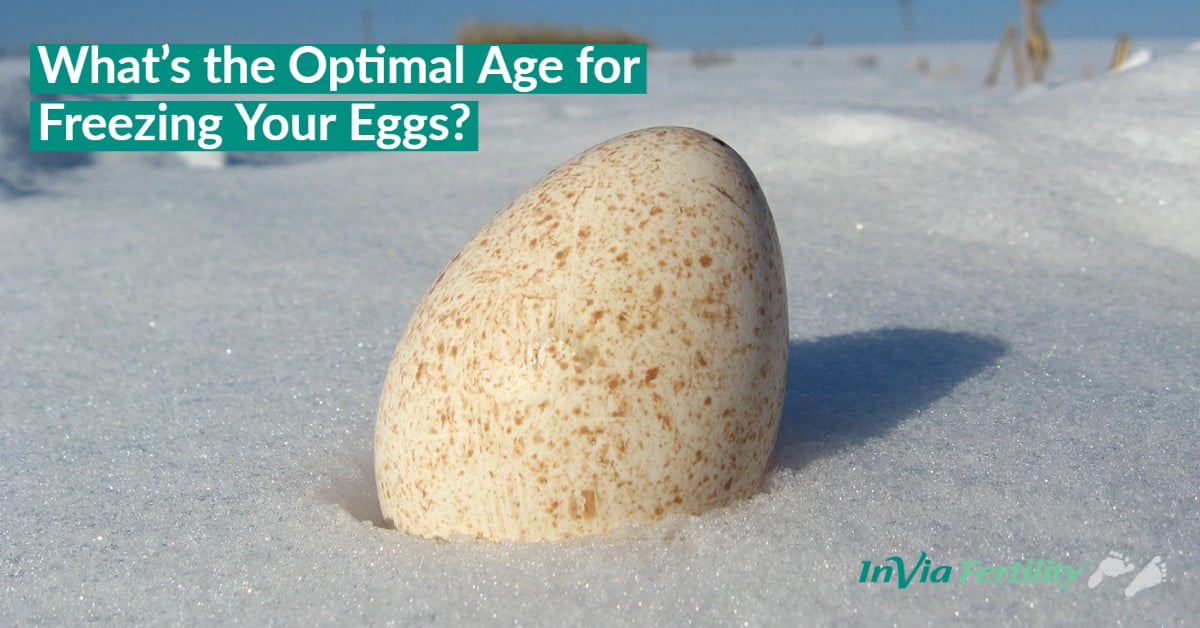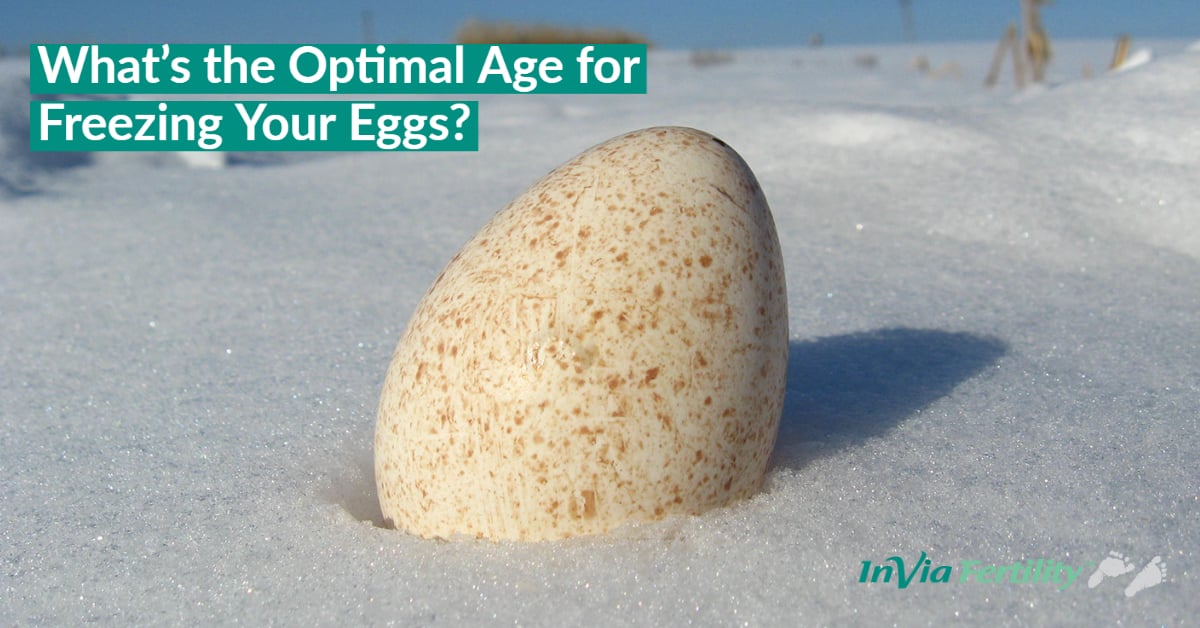
 Egg freezing is now an option available for patients to preserve their fertility. It was initially used for fertility preservation in cancer patients. It is now widely used for non-medical, social reasons.
Egg freezing is now an option available for patients to preserve their fertility. It was initially used for fertility preservation in cancer patients. It is now widely used for non-medical, social reasons.
But, what are the chances that someone who freezes her eggs at a very young age will actually end up using these eggs? What is the live birth rate following egg freezing? For a given woman, to what extent does egg freezing increase the probability of having a baby? Is there a best age to freeze your eggs? What is the financial cost of banking eggs that may never be used?
Mesen et al. from the University of North Carolina, Chapel Hill, North Carolina presented data from a decision-tree model that was constructed to answer these questions (Fertil Steril 2015;103:1551-6). Their model mimicked the logical progression of a single woman from the time she makes a decision about egg freezing for social reasons (decision age) to attempting conception 3, 5 or 7 years later (horizon ages). The model was run at each decision age from 25 – 40 years, allowing for an age-based estimate of the live birth rate and the cost per live birth.
The results were interesting. Egg freezing provided the greatest improvement in probability of live birth compared with no action (51.6% vs. 21.9%) when performed at age 37 years. The highest probability of live birth was seen when egg freezing was performed at ages <34 years (>74%), although little benefit over no action was seen at ages 25–30 years (2.6%–7.1% increase). Egg freezing was most cost-effective at age 37 years, at $28,759 per each additional live birth in the egg-freezing group. When the probability of marriage was included, egg freezing resulted in little improvement in live birth rates.
The authors concluded that egg freezing can be of great benefit to specific women and has the highest chance of success when performed at an earlier age. At age 37 years, egg freezing has the largest benefit over no action and is most cost-effective. There has been at least one study showing the pregnancy rate with frozen donor eggs to be similar to that with fresh donor eggs.
Currently even large programs are reporting that many women have gone ahead and frozen their eggs. Two of the country’s largest technology companies, Apple and Facebook, announced that they will provide a $20,000 employee benefit to pay for egg freezing. However, only a few women have so far actually attempted conception with these frozen eggs. So there are very limited data on the pregnancy rate with frozen eggs. In fact, it will be many years before we will have actual clinical data to answer these questions. For now, we will have to settle for data generated by sophisticated statistical models.
There are now at least three donor egg banks in the U.S. At InVia Fertility Specialists, we have been freezing eggs successfully for many years. We too have had many patients that have frozen their eggs but only a handful that have actually come back to use them. We have deeply discounted prices for an egg freezing cycle (currently $7,000/- without including cost of medications, anesthesia and pre-testing). Storage fees are currently $50/- per month.
If you are considering freezing your eggs, make an appointment at one of InVia's four Chicago area fertility clinics to discuss your fertility options with one of our Board Certified physicians.
Infertility treatment InVia Fertility Specialists Egg freezing fertility preservation

Entire Website © 2003 - 2020
Karande and Associates d/b/a InVia
Fertility Specialists
